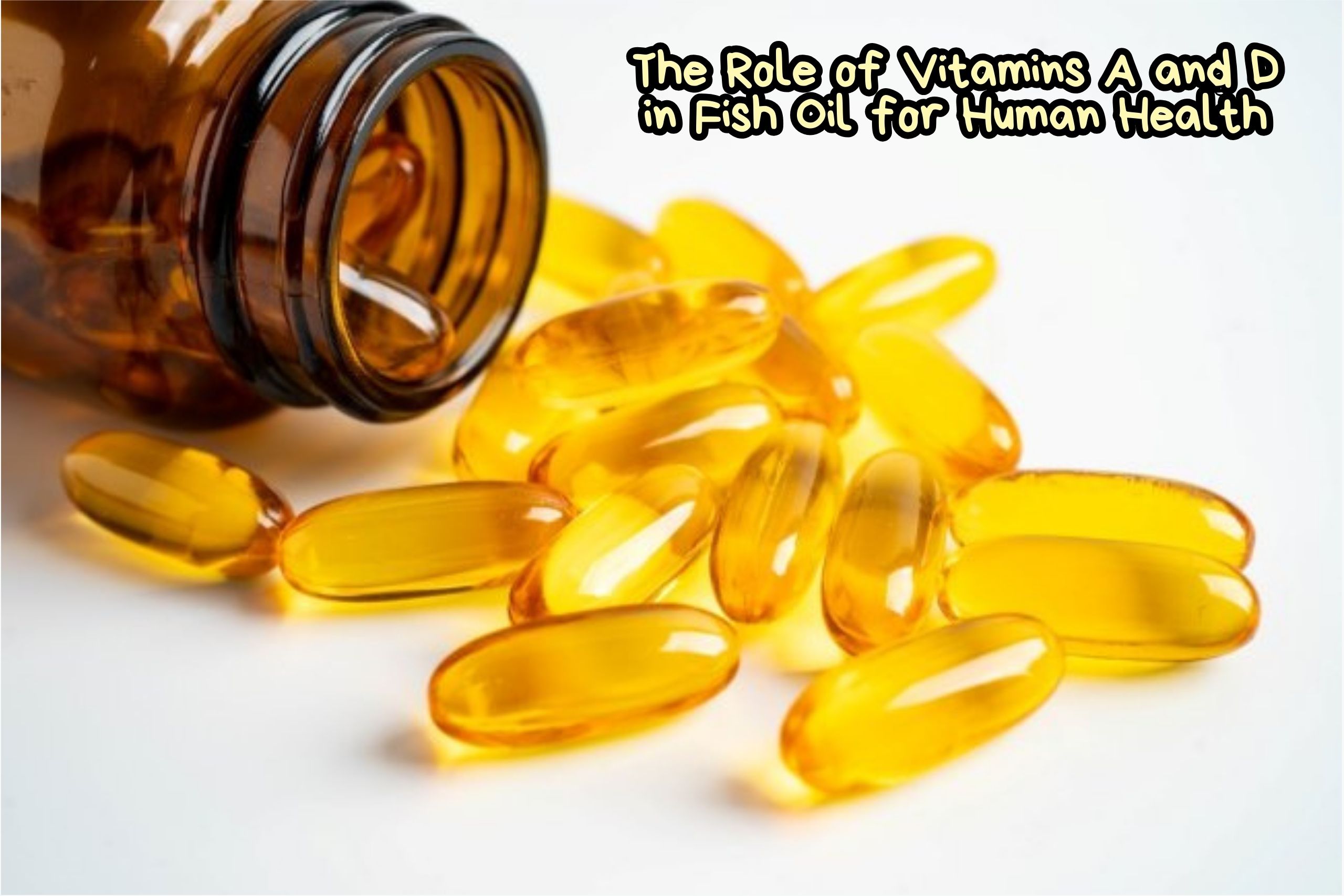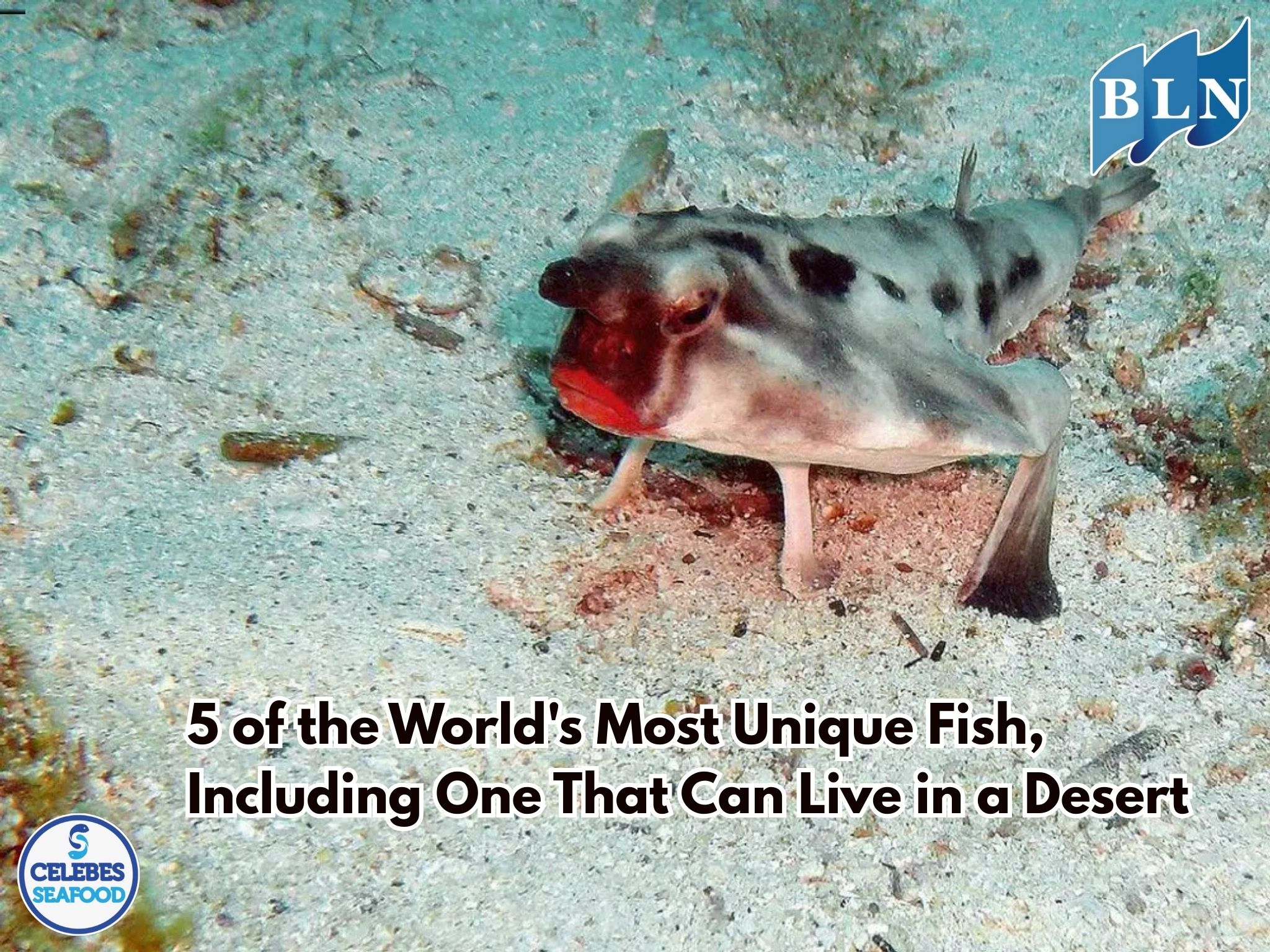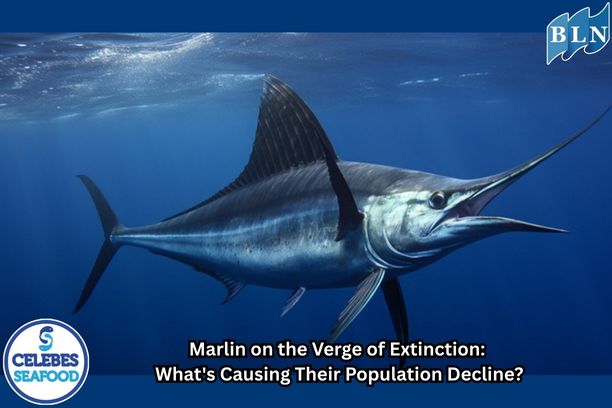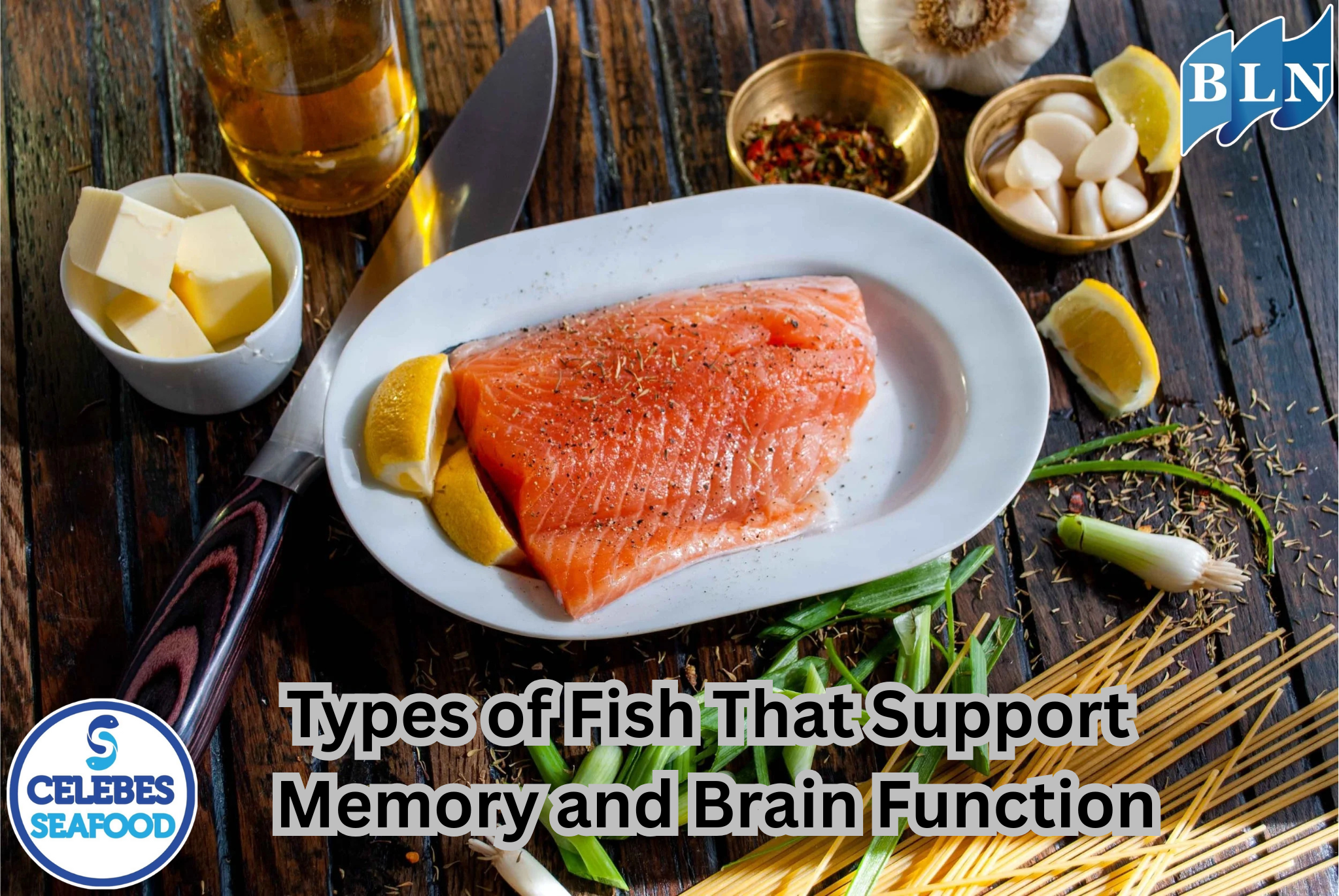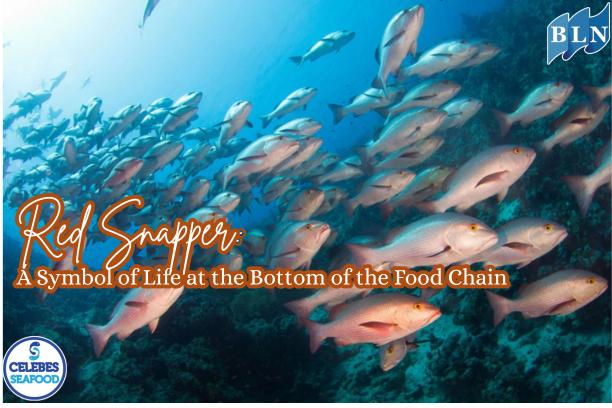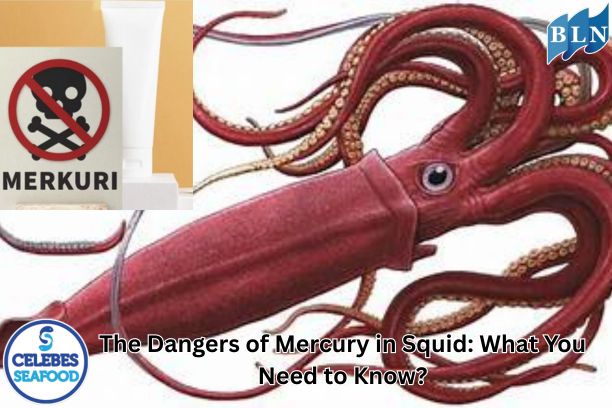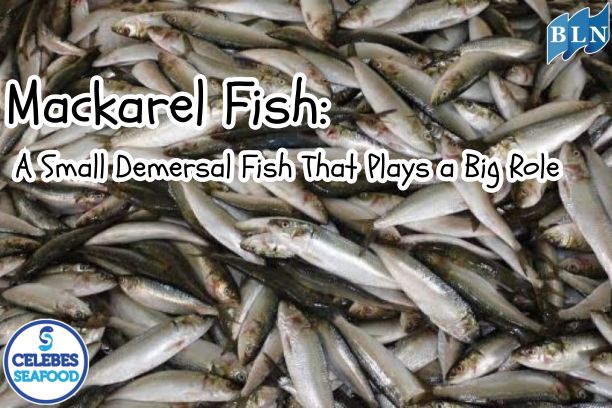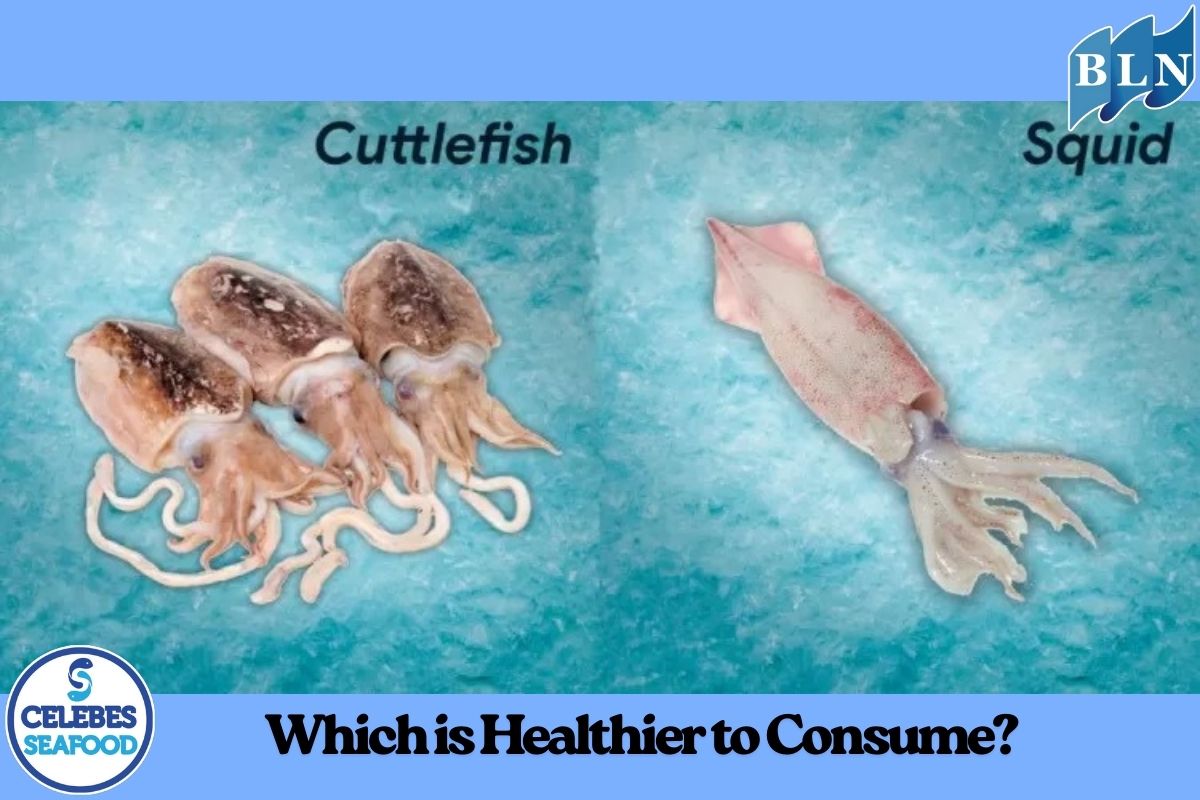Fascinating Octopus Facts: Intelligent Creatures with Eight Arms
By. Rani - 04 Jul 2025.jpg)
lautnusantara.com With their eight flexible arms and expressive eyes, octopuses are among the most intriguing and mysterious inhabitants of the ocean. Far from being just ordinary sea creatures, octopuses are renowned for their incredible intelligence and unique adaptability. Let's dive into some fascinating facts about these "brains with eight legs":
Surprising Intelligence
Octopuses are often hailed as the smartest invertebrates in the ocean. They exhibit a wide range of complex behaviors, demonstrating the ability to learn, solve problems, and even use tools:
- Puzzle Solvers: Octopuses can learn to open jars, navigate mazes, and solve puzzles to get food.
- Tool Use: Some octopuses have been observed using coconut shells or clam shells as mobile shelters, carrying them around for later use. This is one of the most primitive examples of tool use in the animal kingdom.
- Observational Learning: There's evidence that octopuses can learn by observing other octopuses or even humans.
Masters of Camouflage
The octopus's ability to change its appearance is one of its most striking and impressive features. They can alter their skin color, texture, and pattern in a matter of seconds for various purposes:
- Camouflage: They can seamlessly blend with their surroundings—be it rocks, sand, or coral—to avoid predators or ambush prey.
- Communication: Changes in color and pattern are also used to communicate with other octopuses, such as attracting mates or showing aggression.
- Mimicry: Some octopus species, like the mimic octopus, can imitate the appearance and movements of other more dangerous marine animals, such as sea snakes or lionfish.
Read Also : A Closer Look at Meat Consumption Culture: From Tradition to Modern Trend
Eight Versatile Arms (Not Tentacles)
It's important to note that octopuses have eight arms, not tentacles. The difference lies in the presence of suckers along the entire underside of an octopus's arm, whereas tentacles (like those on squid) only have suckers at their tips. These arms are incredibly versatile tools:
- Grasping and Movement: Each arm can move independently and possesses thousands of taste and touch sensors, allowing the octopus to grasp prey, open shells, or even walk across the seafloor.
- Brains in Each Arm: About two-thirds of an octopus's neurons are not in its central brain but are distributed throughout its eight arms. This means each arm has a sort of "brain" of its own and can operate semi-independently.
Unique Anatomy and Life Cycle
- Three Hearts: Octopuses have three hearts—two pump blood through the gills, and one circulates blood to the rest of the body.
- Blue Blood: Octopus blood is blue because it contains copper-rich hemocyanin, instead of iron-rich hemoglobin like in humans. This hemocyanin is more efficient at transporting oxygen in cold and low-oxygen conditions in the ocean.
- Short Lifespan: Despite their intelligence, most octopus species have a relatively short lifespan, often only a few years. After reproduction, mother octopuses (especially females) sacrifice themselves to care for their eggs, even ceasing to eat, until they hatch.
Octopuses continue to fascinate scientists and ocean enthusiasts with their intelligence, adaptations, and complex behaviors. They are a reminder of how diverse and amazing life is beneath the ocean's surface.
If you are interested in our OCTOPUS LEGS, Octopus Whole Cleaned Yucatan please do not hesitate to contact us through email and/or whatsapp.
